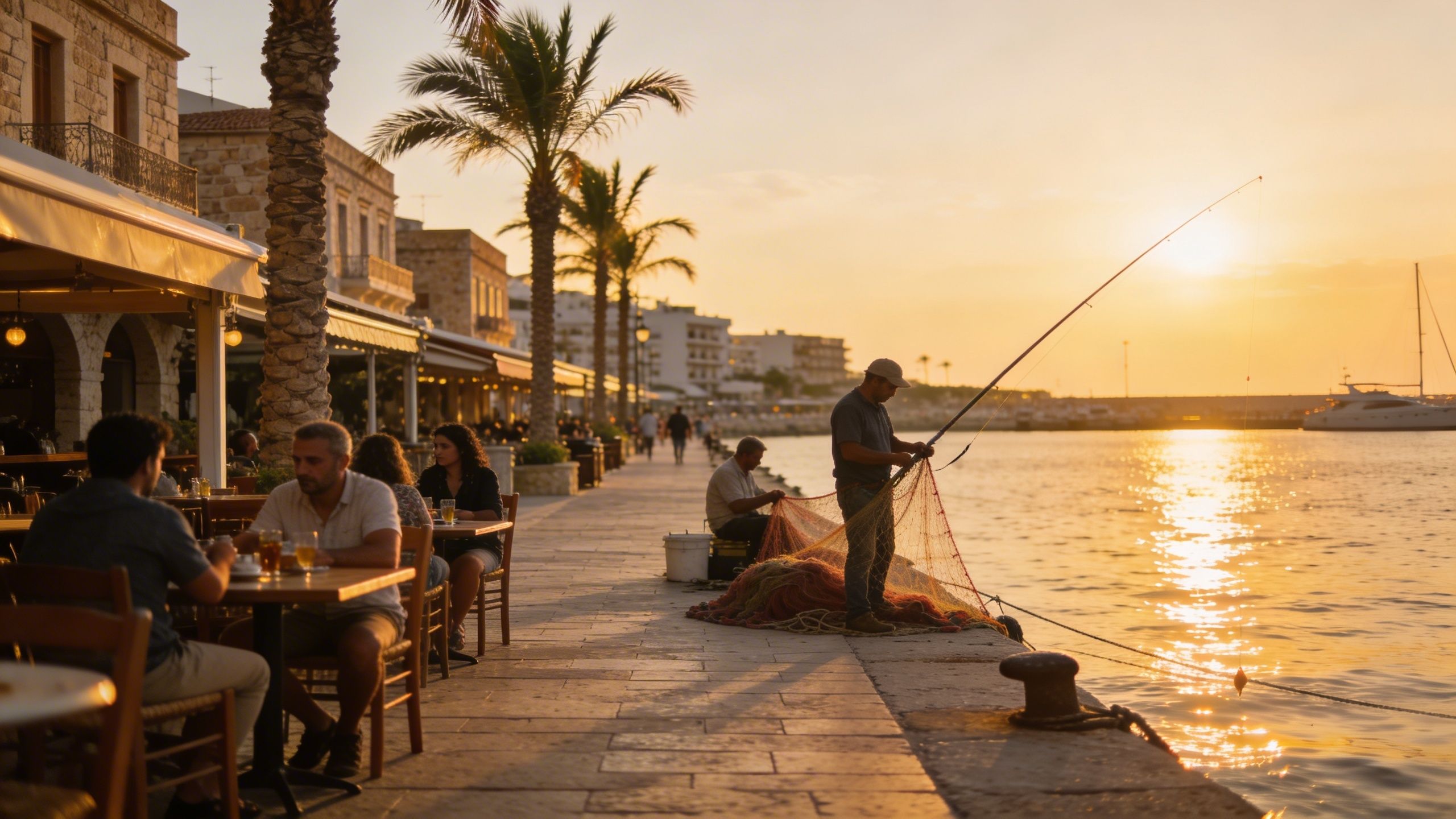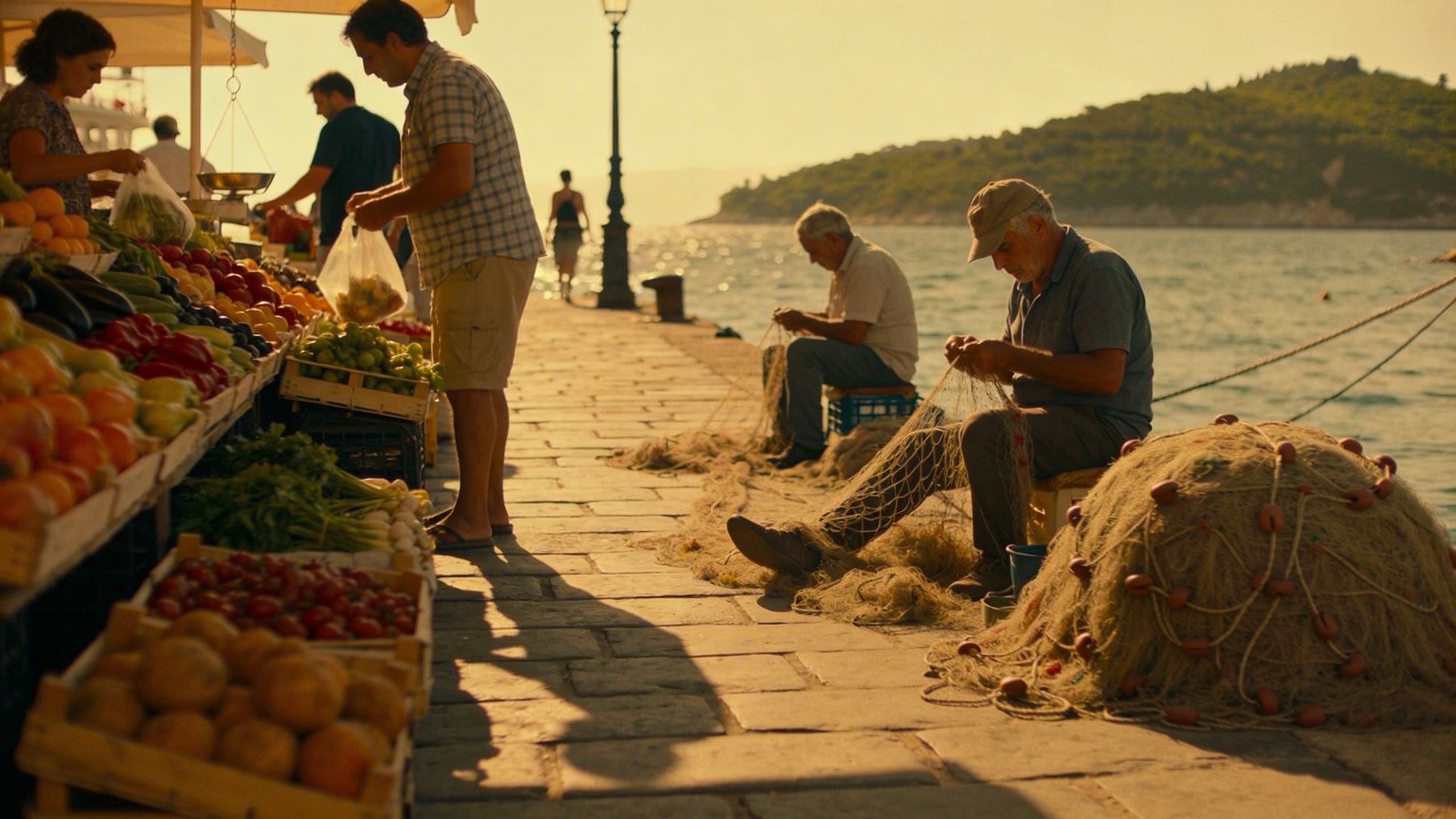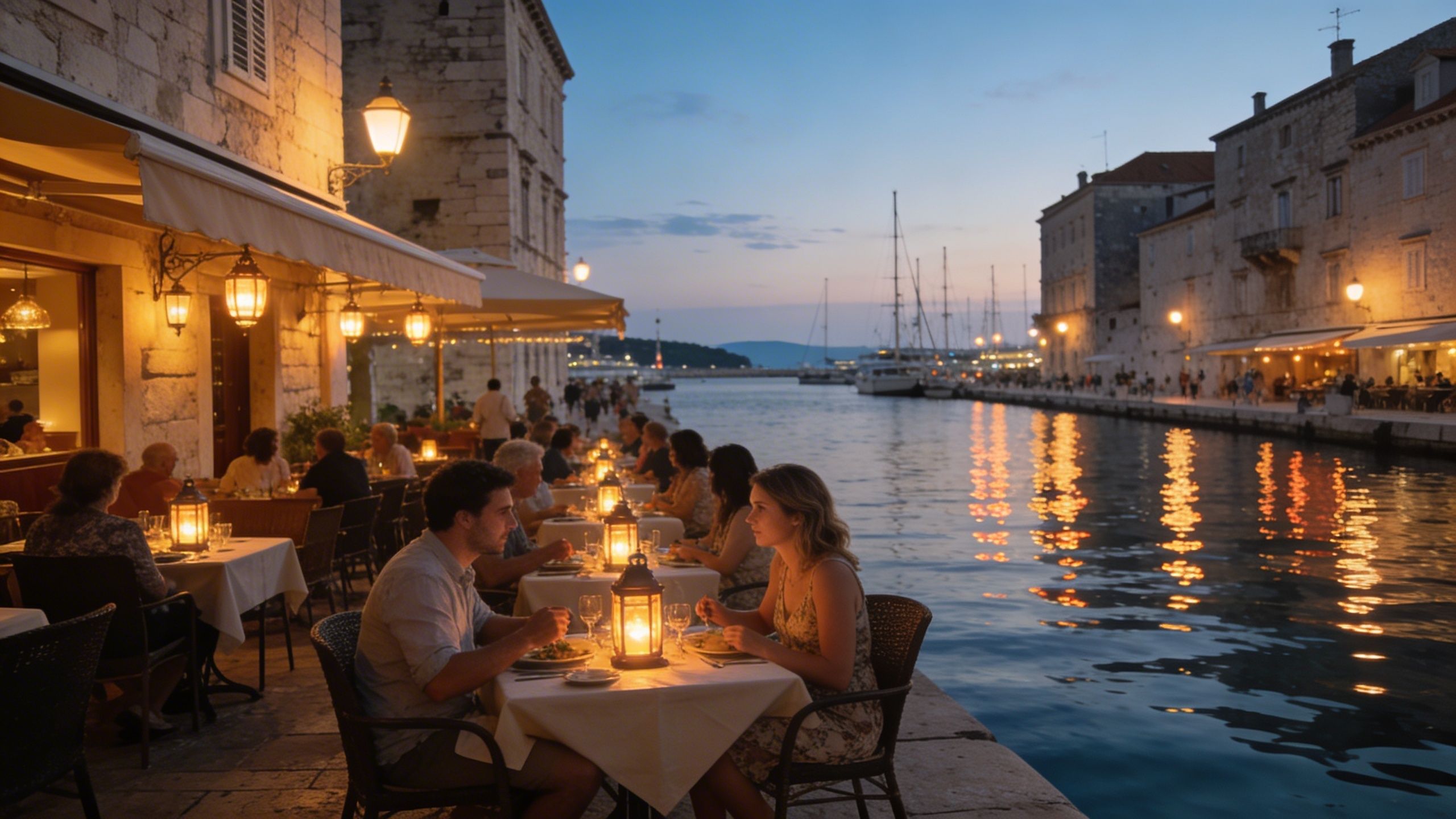Seasonal Finance & Reciprocity: How to Buy in Croatia
Practical, place-first financing for buying in Croatia: debt, approval, seasonality and the local rules that shape smart offers.
Imagine an autumn morning in Split: espresso at the shaded table of Kavana Procaffe, the ferries slipping past Marjan hill and a stone stairway leading to an apartment whose thick walls keep summer heat at bay. This is the life many dream of when they say “Croatia” — but the practicalities of financing that life require more than nostalgia. Recent data shows brisk price growth along the Adriatic and steady demand in Zagreb; translating that into a mortgage or investment strategy takes local insight, a clear-eyed read of regulations and a willingness to challenge a few common assumptions.
Living the Croatian life: neighborhoods, seasons and what they cost
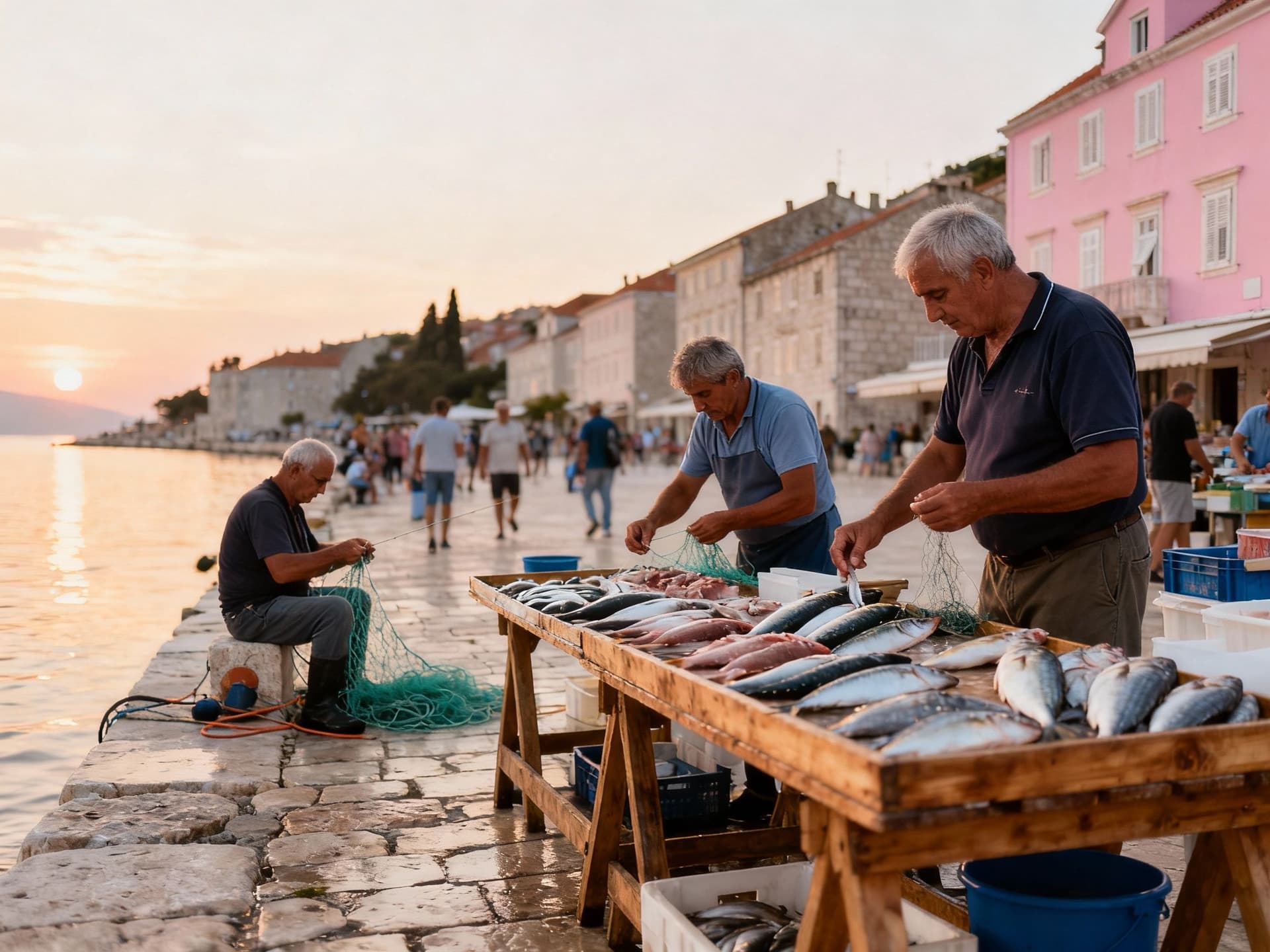
Croatia’s daily rhythm is coastal and continental at once. Mornings smell of baked burek and sea-salt; afternoons are for markets — Zlatni Restoran and Split’s Pazar, or Dolac in Zagreb — and evenings favor long meals that stretch into candlelit conversation. For a buyer this means balancing two impulses: the intoxicating immediacy of coastal towns such as Hvar or Rovinj, and the calmer, year-round civility of Rijeka or Zagreb. Both have different financing realities and seasonal cashflow profiles you should understand before signing.
Coastlines that sell the dream — and how that changes lending
On the Adriatic — Split’s Veli Varos, Dubrovnik’s Ploče and Rovinj’s old town — properties command premium pricing in high season and attract short-term renters. Banks price that seasonality into lending: higher perceived volatility can mean tighter loan-to-value ratios for non-residents, and lenders will scrutinise projected rental income more carefully than in inland markets.
Inland and city life — steadier markets, different exposure
Zagreb neighbourhoods — Lower Town (Donji Grad), Maksimir, and Črnomerec — offer a less seasonal cashflow profile. National statistics show house prices rising across regions, with the Adriatic and other regions recording strong annual increases; using these trends helps frame what portion of purchase price might be equity versus financed debt. (See Croatian Bureau of Statistics reporting for quarterly HPI numbers.)
Making the move: practical financing realities for internationals
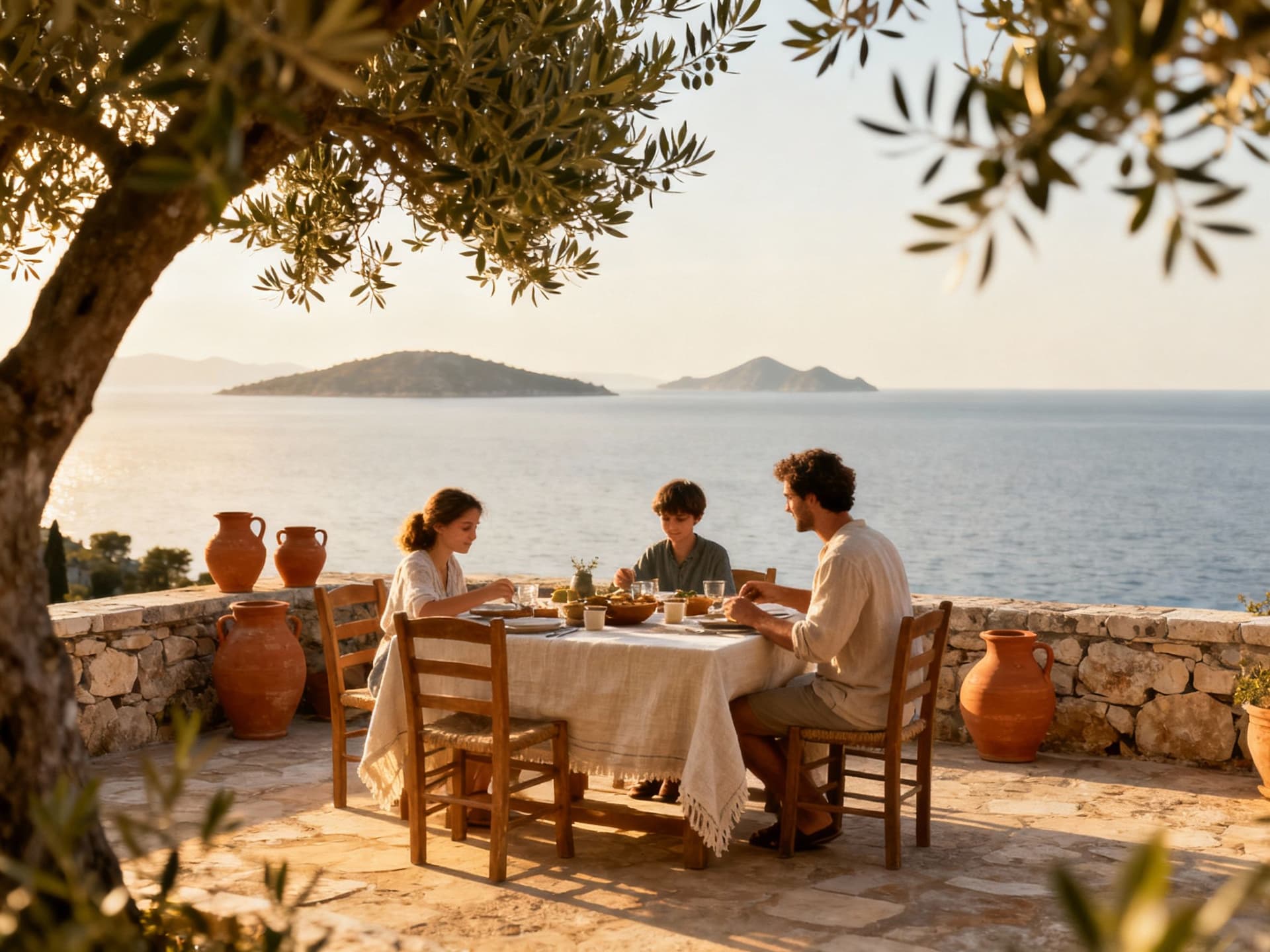
Here is the contrarian truth: Croatia is not uniformly “cheap” or “expensive.” Price dynamics depend on location, seasonality and buyer nationality. House price indices show notable appreciation in recent quarters, yet lending options and approval friction differ for EU citizens and third‑country nationals. Knowing which lane you sit in determines whether you can secure competitive mortgage terms or must plan for longer approval timelines.
Who can buy freely — and who needs extra steps
EU, EEA and Swiss citizens generally have unfettered access to Croatian residential real estate; non‑EU nationals must often rely on reciprocity agreements and Ministry approval. For third‑country buyers this can add weeks or months to closing and occasionally requires purchase via a Croatian company — a structural detail that should shape financing and tax planning early in the process.
Concrete financing steps to take before making an offer
Obtain an OIB (Croatian tax ID) and open a local account; pre‑qualify with at least two Croatian lenders or international banks active in Croatia; budget for Ministry of Justice approval if you are a non‑EU national; build a 25–40% down‑payment buffer if you are a non‑resident (local lenders often demand stronger equity); include contingency for transfer taxes, notary and translation fees; and test short‑term rental scenarios with conservative occupancy assumptions when debt service depends on letting income.
Insider knowledge: expat truths, red flags and sensible myths
Expats often tell the same two regrets: underestimating seasonal costs and overestimating short‑term rental returns. National indices show solid year‑on‑year growth, but local micro‑markets can lag. Treat advertised rental yields with scepticism, and prioritise properties with year‑round appeal if your mortgage depends on rental income.
Cultural and legal subtleties that affect finance
Property ownership does not automatically create residency rights. Some buyers assume a purchase leads to an easy visa; in practice, residency pathways are separate and require different documentation or investment types. For many, forming a local company to purchase is a workable solution — but it introduces corporate compliance, ongoing accounting and different tax reporting that should be priced into any financing model.
Red flags lenders and agents watch for
Title anomalies or unclear land zoning; properties in protected coastal strips where purchase is restricted; overreliance on peak‑season rental projections; sellers pressuring buyers to skip full legal due diligence; lack of clear energy performance documentation for older stone houses — all of these will make lending harder or reduce loan size.
When markets and money meet life: a prudent plan
Croatia’s housing market is experiencing continued price appreciation, so timing matters but should not override a careful financing plan. For those who want to live the life — morning markets, late dinners, island weekends — the recommended approach is straightforward: pair a local lawyer with a mortgage pre‑approval, budget conservatively for seasonal income, and insist on clarity about any ministry approvals required for your nationality. Local agencies who know the neighbourhood can help you spot properties that perform off‑season as well as on it.
A four‑point checklist before you sign
Confirm your eligibility to buy (reciprocity or EU status); obtain an OIB and a Croatian bank account; secure pre‑approval from a lender that will close on your nationality status; commission a local due‑diligence pack (title, zoning, energy, rental history).
Picture yourself months after closing: a small terrace in Korčula with late‑afternoon light, a winter weekend in Zagreb at a boulangerie on Tkalčićeva, and the quiet assurance that your financing was arranged to support that life rather than jeopardise it. The practical steps are simple in outline and exacting in detail; the reward is a home where local rhythms — markets, harbours, festivals — become part of your daily habit.
Next steps we recommend: 1) Ask a Croatian lawyer to confirm reciprocity for your passport; 2) Get mortgage pre‑approval from two lenders; 3) Commission a focused due‑diligence pack on any shortlisted property; 4) Work with an agency who shows you both the immediate charm and the year‑round realities of neighbourhood life.
If you would like, we can introduce you to vetted Croatian lenders, bilingual lawyers who handle ministry approvals, and local curators who specialise in the districts that match how you want to live. The best purchases are the ones that preserve both the romance of place and the rigor of good finance.
Relocating from London to Mallorca in 2014, I guide UK buyers through cross-border investment and tax considerations. I specialise in provenance, design integrity, and long-term value.
